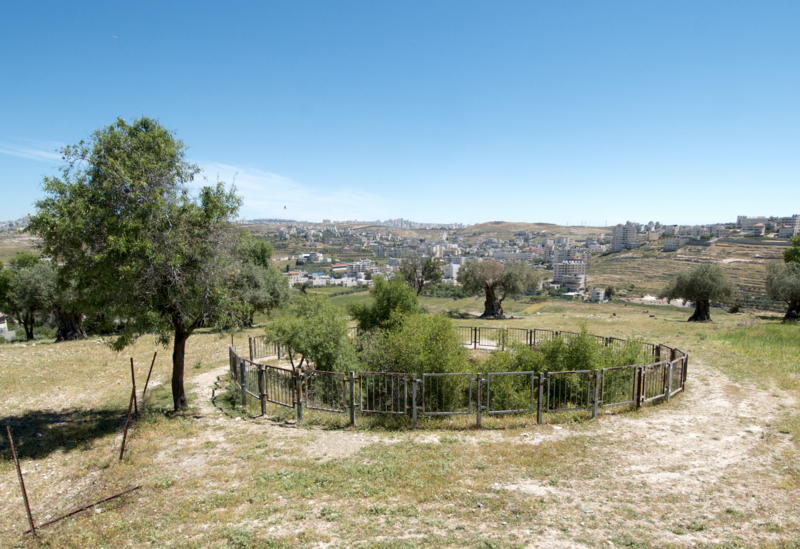29 July. War breaks out between Judah and Israel
“Abner son of Ner was the commander of Saul’s army. Abner took Saul’s son Ish-Bosheth to Mahanaim and made him king of Gilead, Ashuri, Jezreel, Ephraim, Benjamin and all Israel. “
“Saul’s son Ish-Bosheth was 40 years old when he became king over Israel, and he ruled two years. But the people of Judah followed David. David was king in Hebron for seven years and six months.”
“Abner son of Ner and the servants of Ish-Bosheth son of Saul left Mahanaim and went to Gibeon. Joab son of Zeruiah and David’s men also went there and met Abner and Ish-Bosheth’s men at the pool of Gibeon. Abner’s group sat on one side of the pool; Joab’s group sat on the other.”
“Abner said to Joab, ‘Let the young men have a contest here.’ Joab said, ‘Yes, let them have a contest.’ Then the men got up and were counted – twelve from the people of Benjamin for Ish-Bosheth son of Saul, and twelve from David’s men.”
“Each man grabbed the one opposite him by the head and stabbed him in the side with a knife. So the men fell down together. For that reason, that place in Gibeon is called the Field of Knives.”
“That day there was a terrible battle, and David’s men defeated Abner and the Israelites.”
(2 Samuel 2:8-17)

After the death of Saul, his son Ish-Bosheth was declared king of the northern kingdom of Israel by Abner, Saul’s commander. The proclamation took place at Mahanaim, east of the River Jordan (see 3 on the map on 27 July). The area of Gilead, east of the Jordan, was a stronghold of Saul’s supporters (including the city of Jabesh Gilead whose men had recovered Saul’s body).
David, however, also had a direct claim to the throne of Israel, as he was Saul’s son-in-law. And in those days, the royal succession was much more open to discussion and choice than is usual today.
Perhaps inevitably, war broke out between the House of Saul and the House of David over the succession. An armed contest between twelve of David’s men and twelve of Ish-Bosheth’s men was arranged at Helkath Hazzurim (the ‘field of swords’) beside the Pool of Gibeon (see 4 on the map).
The outcome of the contest between the twelve young men was indecisive, but the fighting quickly escalated, and in the bloodbath that followed, David’s men defeated the Israelites.
After the battle, Abner, the commander of Israel’s army, was pursued to the Hill of Ammah, near Gibeon. Here, Abner and Joab (David’s commander) agreed a truce, and Abner escaped across the Jordan, fleeing north to the safety of Mahanaim (see 2 Samuel 2:18-32).
Still visible today at Gibeon is a huge well – thought to be the ‘Pool of Gibeon’ - nearly 39 feet / 12 m in diameter and over 35 feet / 10 m deep. The well has a spiral staircase cut into the walls, which continues downwards to a tunnel leading to an underground reservoir 78 feet / 24 m below the city.
The photo (by Natritmeyer) shows the Pool of Gibeon.
You can read more about David @ https://www.thebiblejourney.org/biblejourney2/30-israel-becomes-a-kingdom-under-saul-and-david/david-becomes-king-of-judah-and-israel/
